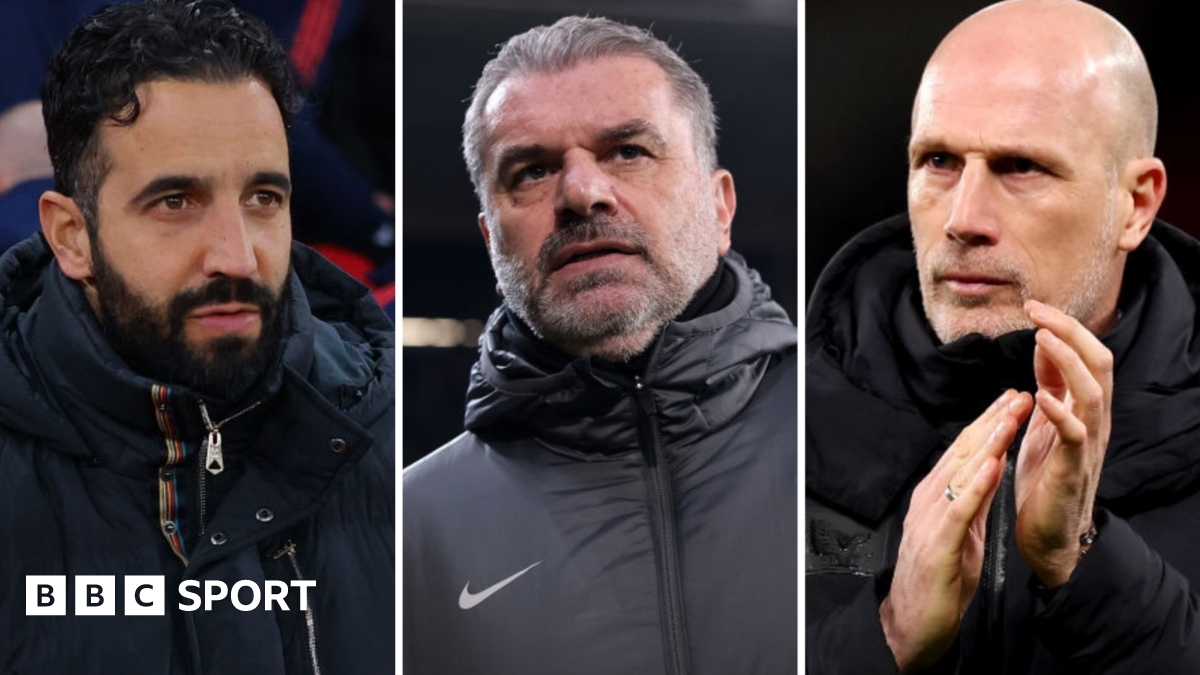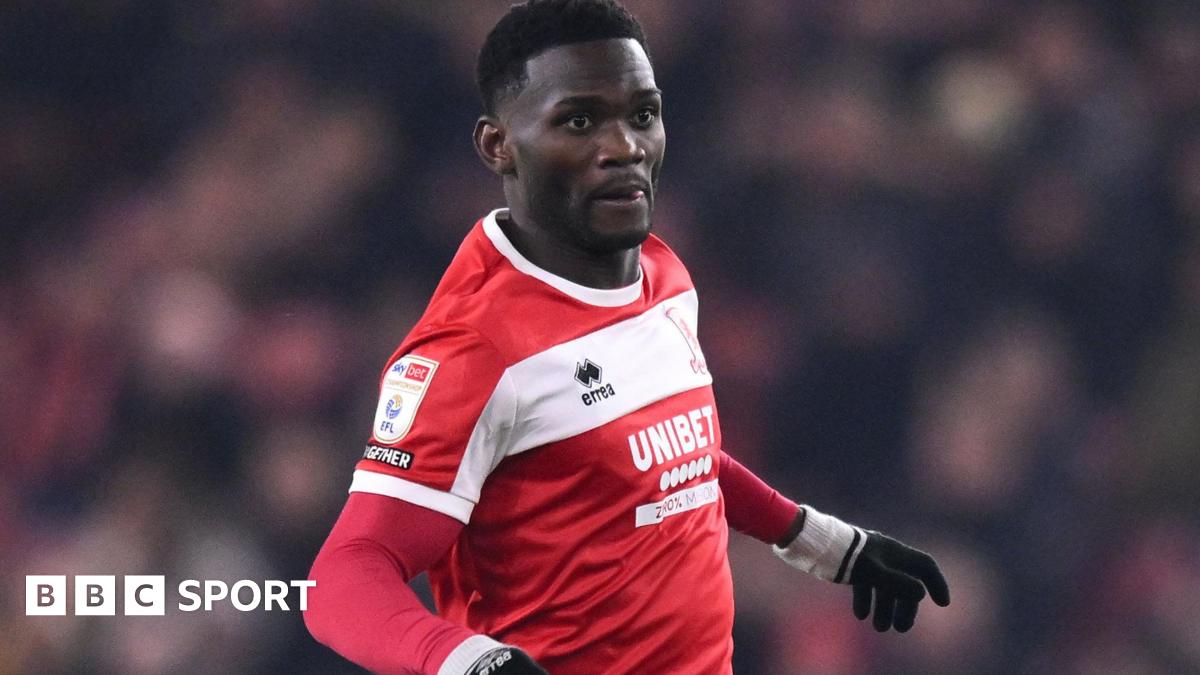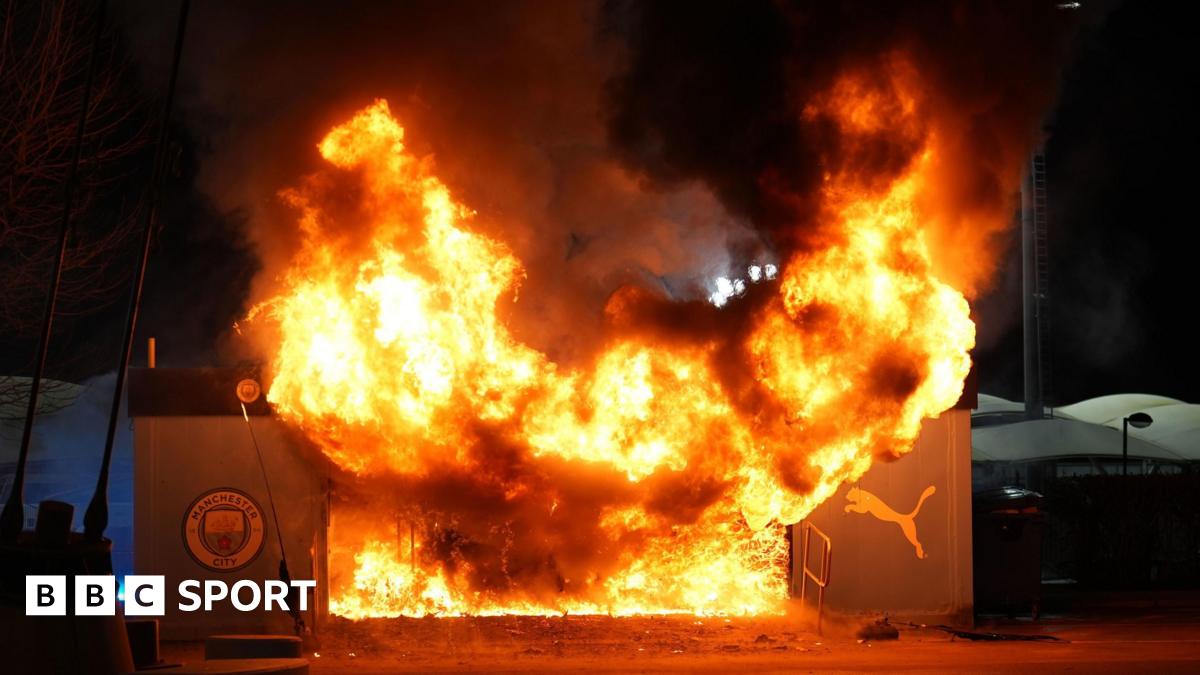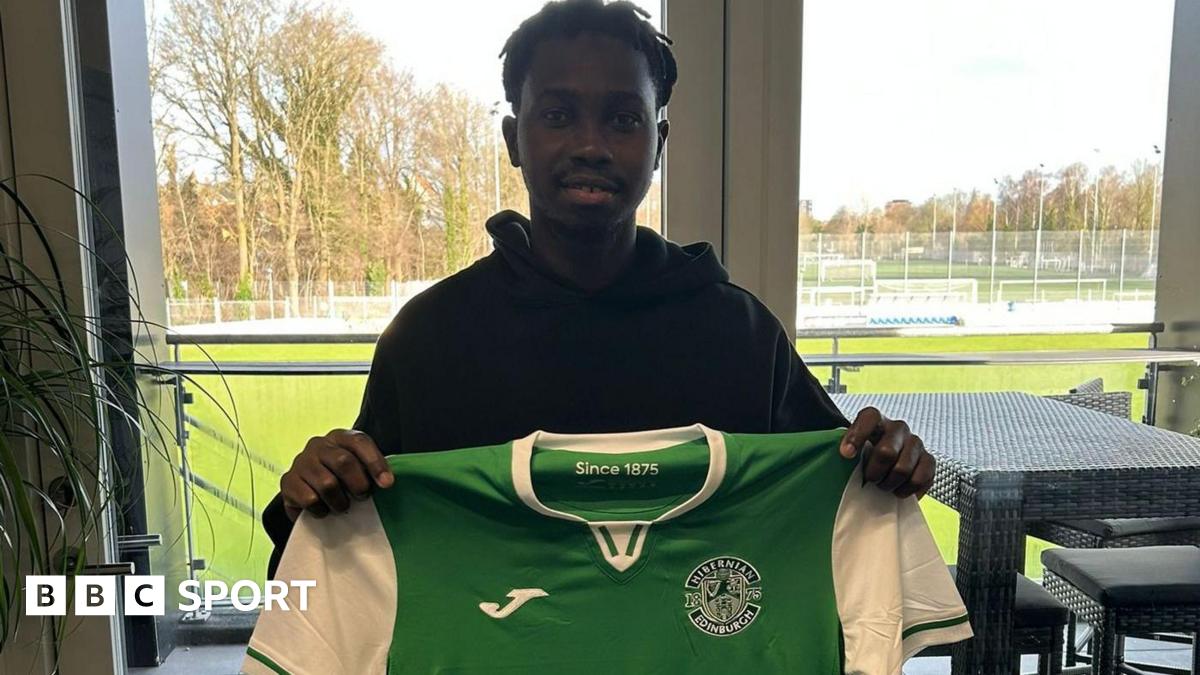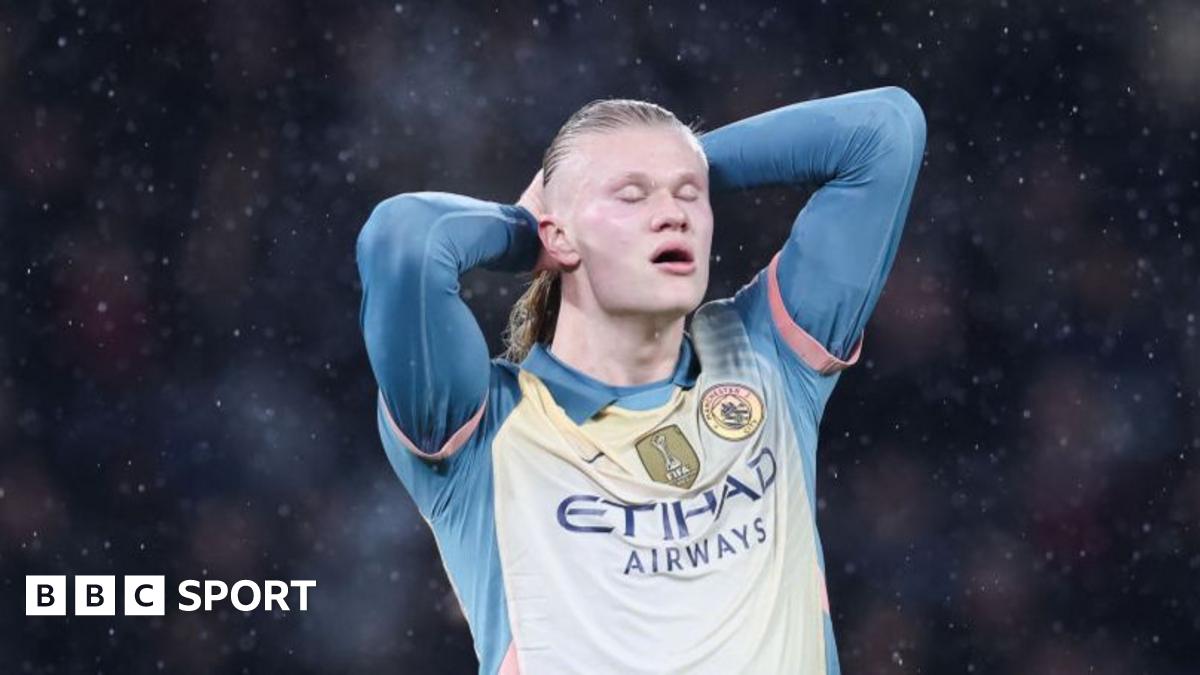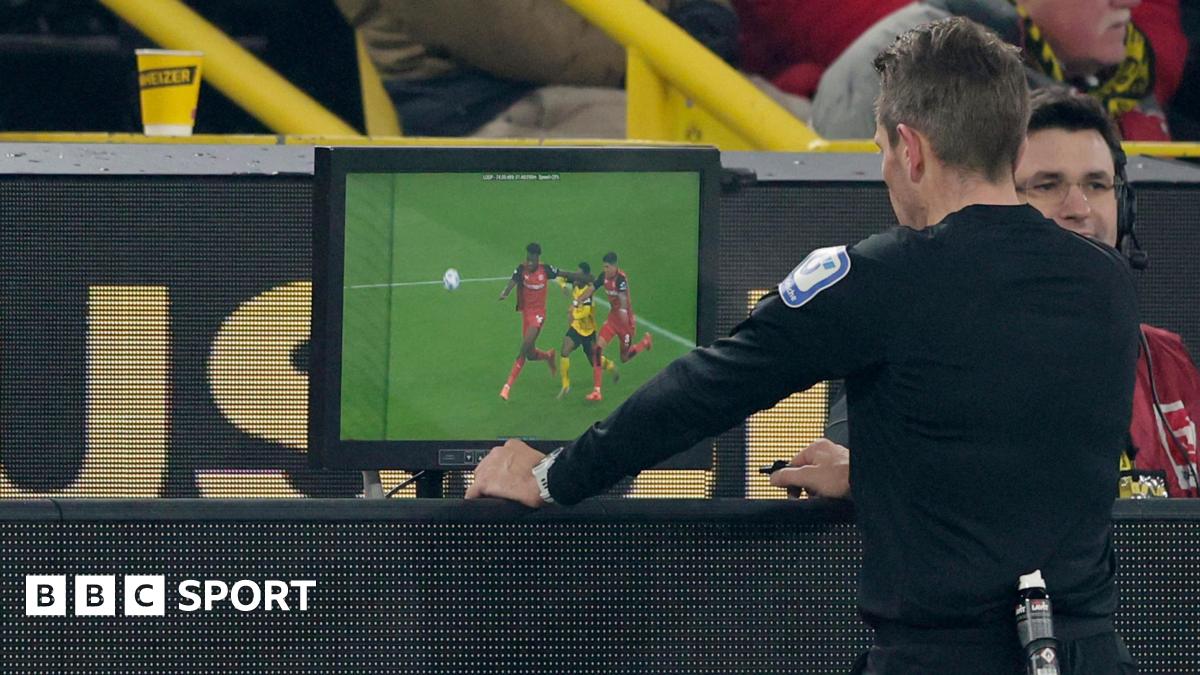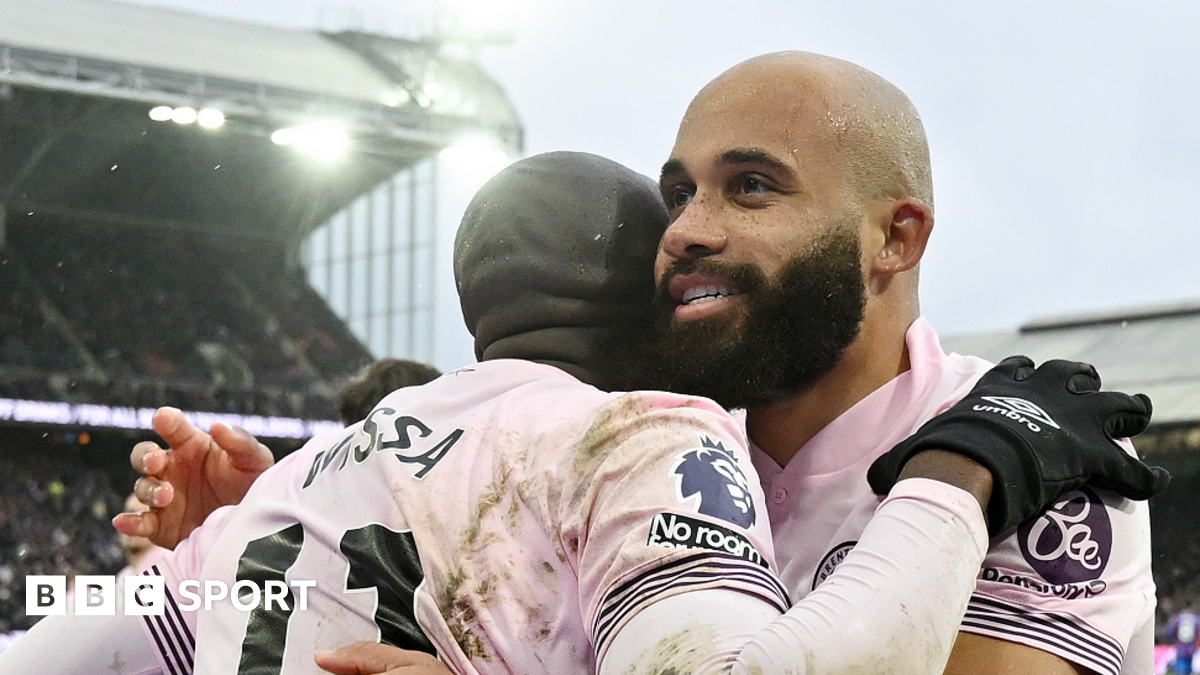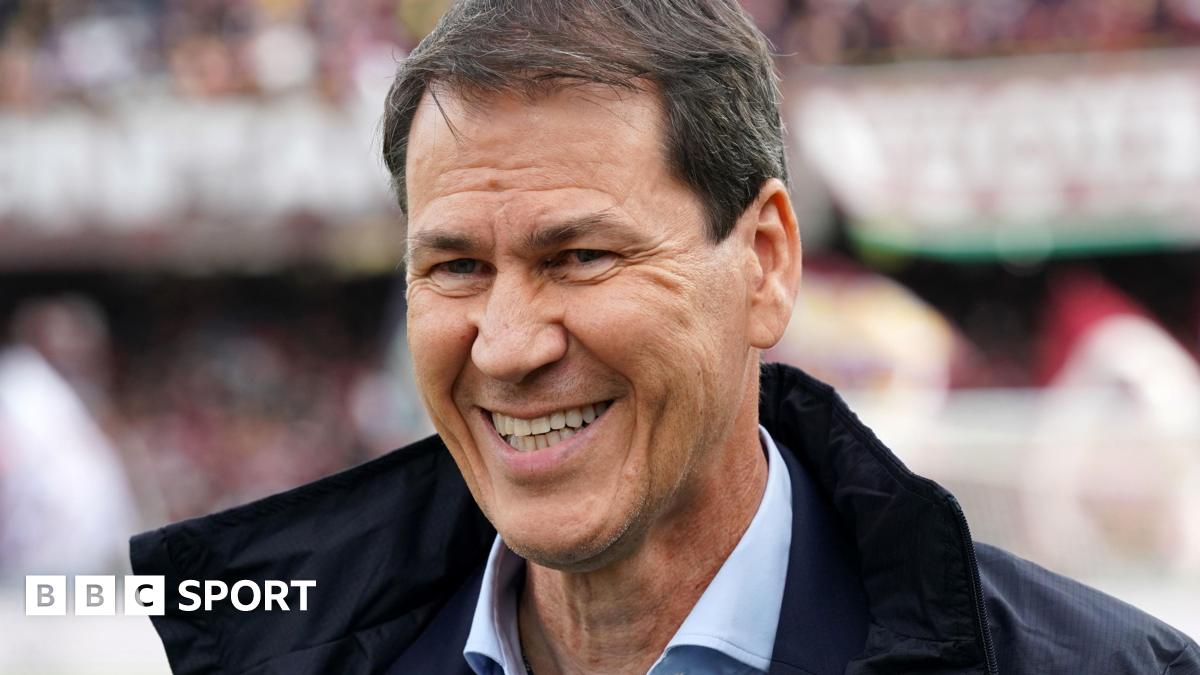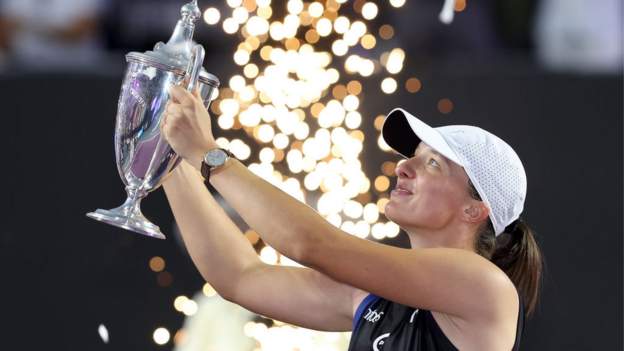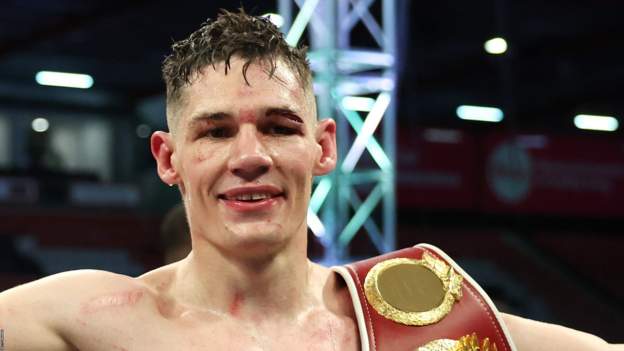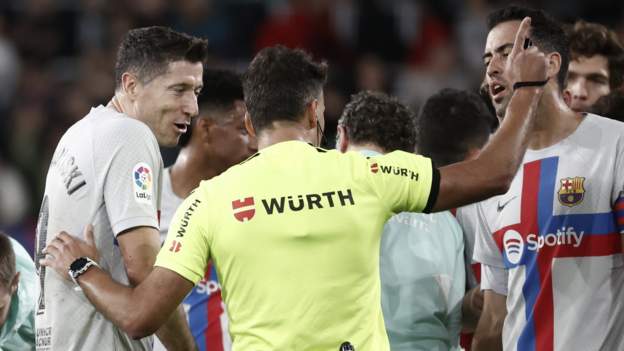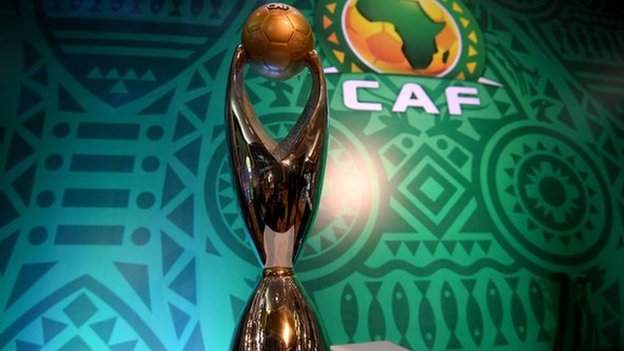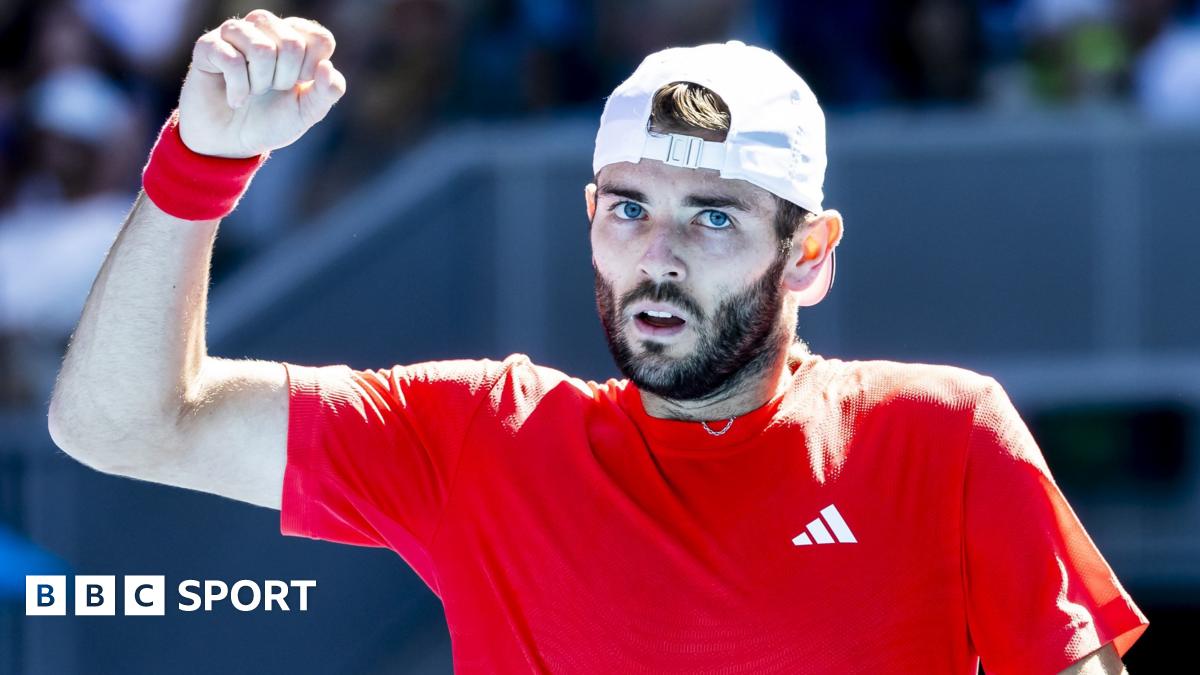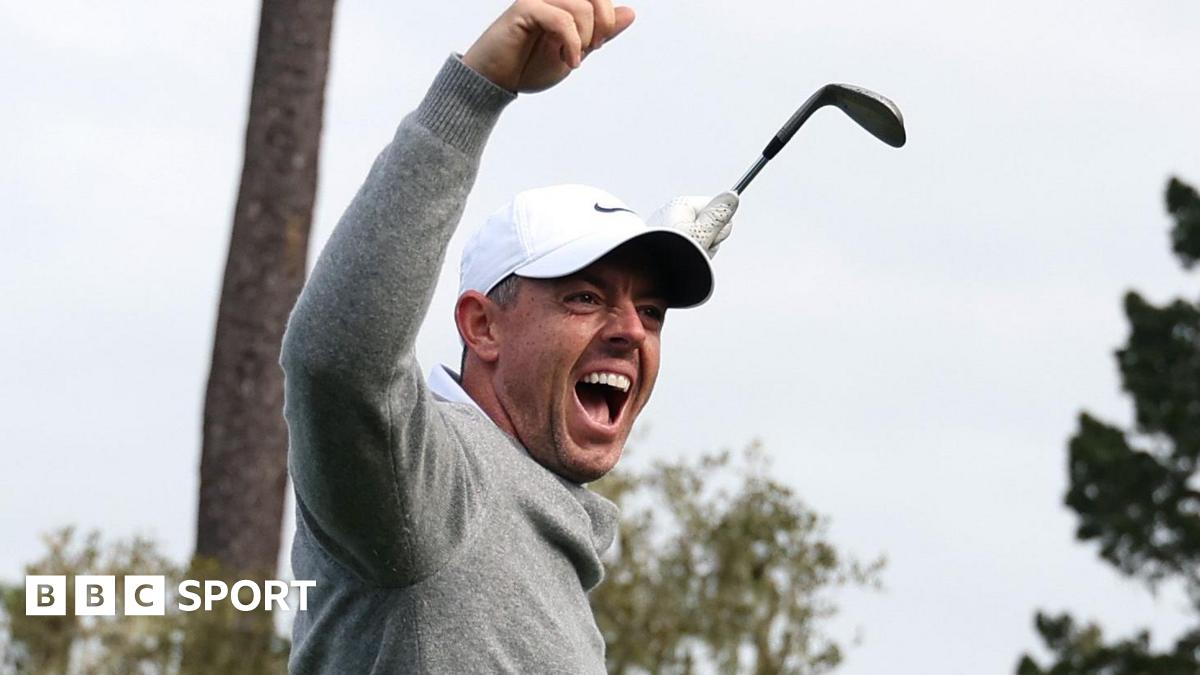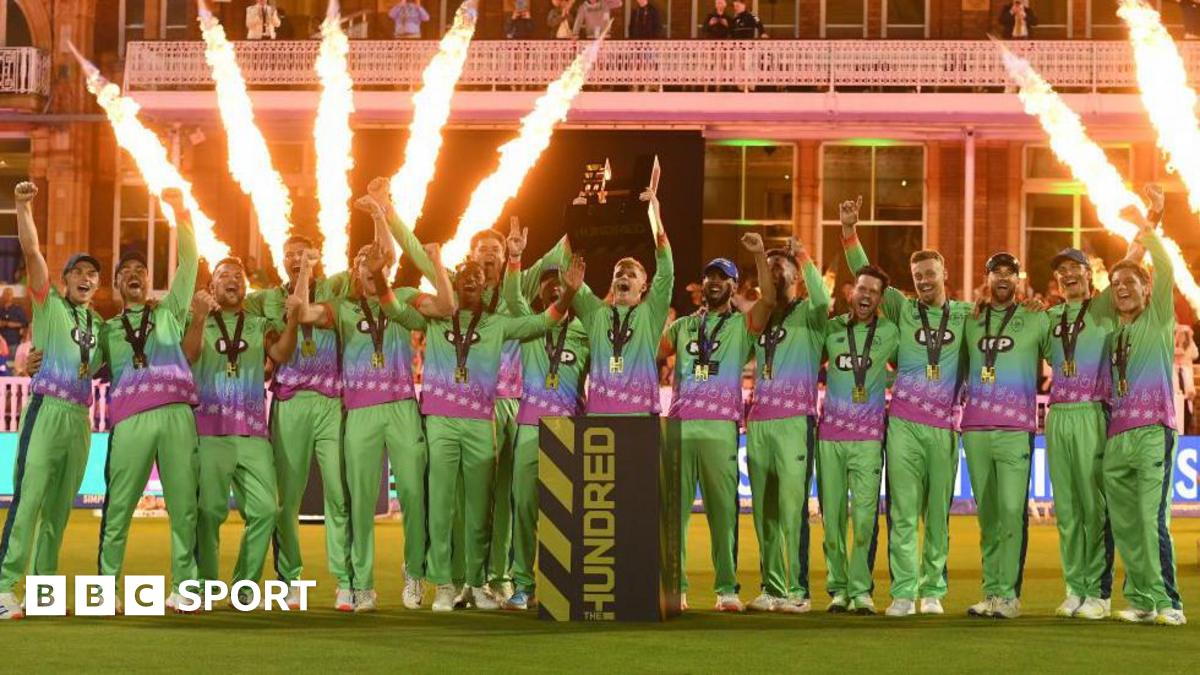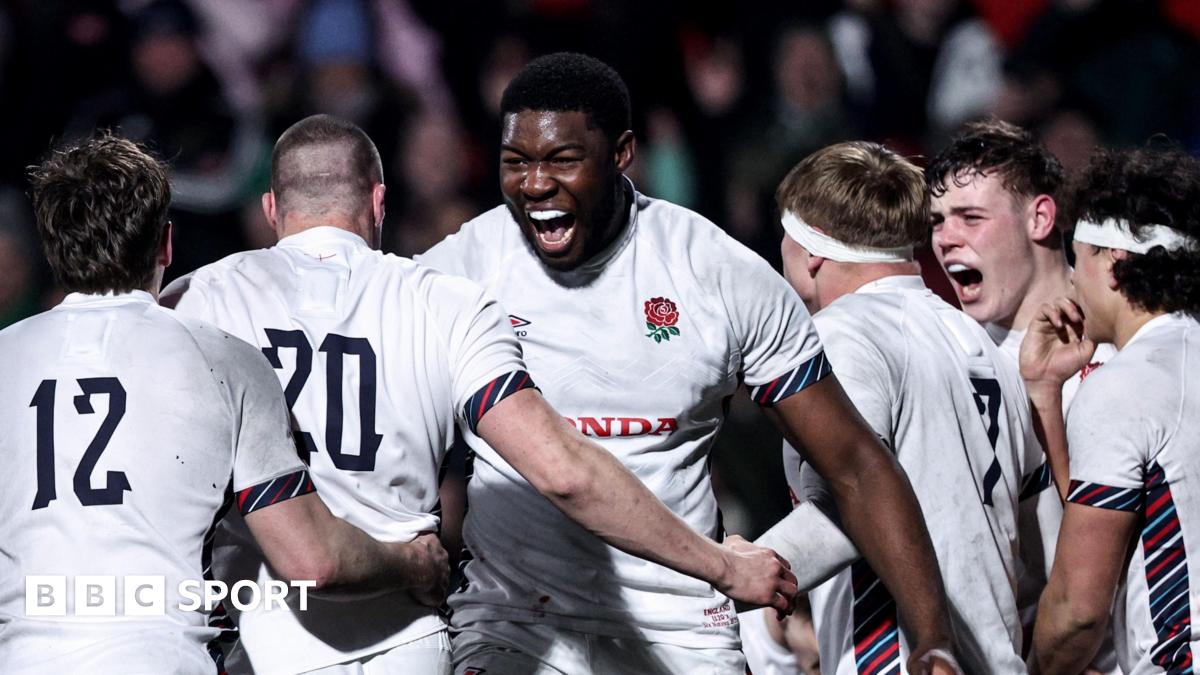Saudi Arabia took its first sanctioned step into professional tennis this week, and it is very unlikely to be the last.
The field at the Next Gen ATP Finals in Jeddah may not yet be household names, but both Saudi Arabia and the ATP Tour hope the kingdom will see plenty of Carlos Alcaraz and Jannik Sinner in the years ahead.
And even more symbolically, given the subjugation faced by generations of Saudi women, the season-ending WTA Finals are soon expected to put down roots in the country.
“Like the Next Gen Finals, we would like to have the event for multiple years,” Saudi tennis president Arij Almutabagani, who in 2021 became the first woman elected to run one of the country’s sports federations, told BBC Sport.
“I would be lying if I tell you I would not love to have a huge event. We are building this relationship which we want to last for a long time where they help us develop tennis overall.
“Saudi Arabia has been in a certain way for so many years, and I think Europe went through the same thing.
“Give us our time to go through it. We are actually on gear number five right now so we are actually doing it very fast. It’s just that we need the time for the transition,” she said.
But for the 18-time Grand Slam singles champion Martina Navratilova, reform has not yet gone far enough for the WTA to embrace Saudi Arabia.
“I absolutely do not think so, not at this time,” she told BBC Sport.
“Do you know that old saying ‘Trust, but verify?’ With this it should be the other way around – verify, and then trust.
“There are still too many laws on the books where clearly women are not equal citizens to men in Saudi.
“Things have gotten better, no question about it, from what I read, but they still have a long way to go. I would like to see a few more meaningful changes before we say this is good enough for me.”
And what happens if Saudi Arabia is not granted its wish to stage a major event on either the ATP or WTA Tour? Would the country launch a rival tour in the image of LIV Golf, which has caused such bitter divisions in that sport?
“I think we have a good relationship with the ATP, with the WTA, and we are working closely together, and having our own events… I don’t think we have to do that,” Almutabagani said, before being asked whether she could rule it out.
“I cannot really answer yes or no very clearly on that. I think we are in a very good position with the tours and we are very positive about it. So we think about that when the time comes – if it comes. And I hope it doesn’t come.”
Tennis breaks new ground in Saudi – but is it sportswashing?
Saudi Arabia has staged exhibitions before (although only men were invited to play at the Diriyah Cup of 2019 and 2022), and held two international junior events in Riyadh in October.
But a five-year contract to host the Next Gen Finals was a significant moment for the country’s aspirations as it came with the ATP’s stamp of approval.
For critics, this is another example of sportswashing. They say – as when Anthony Joshua and Andy Ruiz were tempted to the kingdom for their 2019 heavyweight title fight, and Formula 1 established a street circuit in 2021 – this is now the country using a sport to improve its reputation.
“Saudi Arabia has gotten into sports because it’s a good way to promote a country in a very positive way – to have the population start engaging in sports, leading a very healthy lifestyle, and having our younger generations figure out other sports because the concentration has been all the time on football for the past many years,” Almutabagani said.
“This will encourage female participation in tennis, female participation in running events, officials, physiotherapists, all the tennis ecosystem.”
Figures provided by the federation suggest women’s participation in weekly sports has doubled over the past three years.
The jewel in the WTA crown could follow
Neither Saudi Arabia nor the ATP Tour want the partnership to end there and are exploring ways the kingdom could stage a Masters 1000 event.
There are currently nine of these elite tournaments, but a new licence could be generated for a 10th. It would need to be open to more than one bidder but could be restricted to countries in the Middle East on the grounds the region does not currently hold a Masters event.
Finding a slot in the calendar would not be straightforward. Tennis Australia, with support from the Grand Slams, has been fighting the prospect of a Saudi Masters taking place in the first week of the season.
Such an event would spell the end of the mixed-team United Cup and effectively ensure none of the top male players competed in Australia in the fortnight before the Australian Open.
So immediate attention is focused on the WTA Finals. The WTA Board came very close to staging this year’s Finals in Saudi, before diverting to Cancun for an ultimately shambolic week.
The WTA and the players would be well remunerated, and the investment would be particularly welcome for a tour which lost $31m in the past two financial years.
“So you sell your soul for money because it’s convenient, financially?” Navratilova asked.
“I don’t agree with that. We made a deal with China and look where that got us when we maybe overplayed the hand with making threats against the government.”
Navratilova added she was concerned the WTA would now be at “the mercy” of the Saudi government.
The two sides are in the late stage of negotiations, with both parties keen on a multi-year deal. If it is agreed, the announcement may well come later this month.
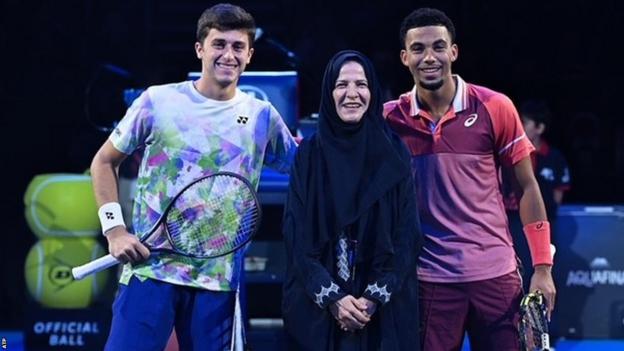
Jabeur keen, Evert less so
The WTA Finals would be by far the biggest female sporting event to take place in Saudi Arabia.
Many players have expressed their support, or at least registered little opposition, when asked about the prospect.
Tunisia’s Ons Jabeur – an icon in the Arab world, and the runner-up at Wimbledon for each of the past two years – is very much in favour, as she explained at the All England Club in July.
“If it benefits for the player, I’m 100% there,” said the world number six, who is due to play an exhibition against Aryna Sabalenka in Riyadh at the end of the month.
“I believe in Saudi – they’re doing great giving women more rights. It’s time to change things. It’s now or never. I hope they really invest in WTA.”
Human rights organisations, however, urge caution.
Minky Worden – the Director of Global Initiatives at Human Rights Watch – talked about “measurable progress” but warned women’s lives and freedom of speech are restricted.
“Over the past decade Saudi women have fought for, and won, some reforms,” she told the BBC.
“They can now drive and travel abroad without the permission of male guardians but just as these reforms were put in place a large number of women’s rights activists were imprisoned or are under house arrest.
“Saudi Arabia has not fully dismantled the male guardianship system and instead, in 2022, passed the first Personal Status Law which codified male guardianship. In law, it requires a woman to obtain permission of a male guardian to marry and they must obey their husband.”
Navratilova is not the only former player to raise concerns. Her great rival and friend Chris Evert said in August that “the WTA is about equality”.
“We have been leaders and role models in women’s sports. We have empowered women. Take less money and do the right thing,” she posted on social media.
Will same-sex couples feel safe?
Human Rights Watch said Saudi courts had convicted people for promoting homosexuality online and added “LGBT people in Saudi Arabia have to practise extreme self-censorship to survive their daily lives”.
There are a number of gay players who could qualify for the WTA Finals, and the WTA has been communicating with them on specific concerns they are likely to have.
They may wonder if they could be arrested for sharing a room with a same-sex partner. Guarantees about the safety of these players will be paramount, and their support – whether public or tacit – is crucial to the WTA’s hopes of a successful foray into Saudi Arabia.
Daria Kasatkina has been in the world’s top 20 for the past 18 months and as an openly gay player stressed her concerns earlier this year.
“Many issues concerning this country,” she said at Wimbledon.
“It’s easier for the men because they feel pretty good there, let’s say. We don’t feel the same way.
“Money talks in our world right now. For me, I don’t think that everything is about the money. For me, money is not number one priority in this case, for sure.”
Navratilova, who is in a same-sex marriage, said she would not set foot in the country and worried for any gay players who may be asked to.
“I absolutely would worry,” she said. “I would worry for them as women, I would worry for them as gay women. People live in fear that live there.
“For me it’s just too risky and still too dangerous.”
Almutabagani said gay players would not need to act any differently to the way they do in places like Abu Dhabi and Dubai, where WTA tournaments are already staged.
“People can behave the way they want to – there is nothing that says you can or you cannot behave. You just have to understand that every country has its rules and traditions,” she said.
“It’s the same thing that has happened in Dubai. How do they act in Dubai? We are the same, we are all neighbours. Saudi Arabia, Qatar, Kuwait, UAE – how would the players behave there?”
Hear more from Arij Almutabagani and Martina Navratilova at 21:30 GMT on Monday’s 5 Live Sport on BBC Sounds.



